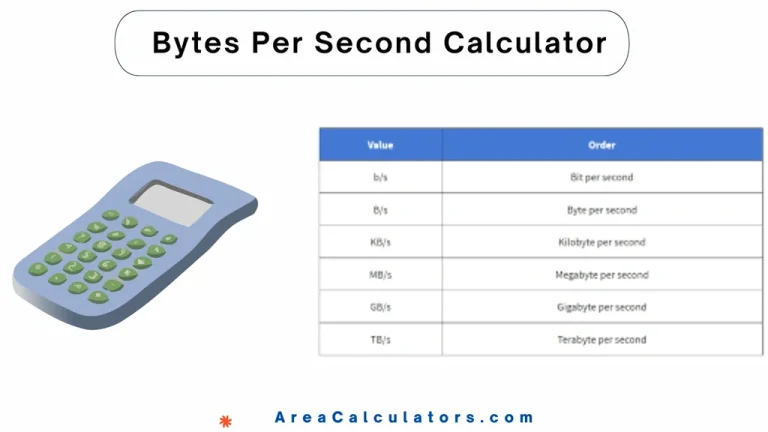Dock Weight Calculator
To calculate the dock weight, multiply the dock’s length, width, thickness, and float factor, then divide by 12 three times to account for feet conversion and multiply by 62.4 to adjust for water buoyancy.
The Dock Weight Calculator simplifies determining the weight of a dock, whether it’s for floating or stationary setups. By using specific dimensions and the buoyancy factor, this tool calculates weight to ensure docks are safe, balanced, and meet load requirements. It’s essential for planning dock installations, adjusting flotation, or comparing dock materials.
Formula
DW = (L/12) × (W/12) × (T/12) × F × 62.4
| Variable | Definition |
|---|---|
| DW | Dock Weight (lbs) |
| L | Length of the dock (in) |
| W | Width of the dock (in) |
| T | Thickness of the dock (in) |
| F | Float Factor (dimensionless) |
| 62.4 | Water density (lbs/ft³) |
Solved Examples
Example 1: Calculating a Dock’s Weight
A dock measures 144 inches in length, 96 inches in width, and 12 inches in thickness with a float factor of 1.5.
| Step | Calculation | Result |
|---|---|---|
| Convert length, width, and thickness to feet | 12, 8, 1 | |
| Multiply dimensions and float factor | 144 | |
| Multiply by water density | 8,985.6 lbs |
Example 2: Smaller Dock Setup
A dock is 72 inches long, 48 inches wide, and 6 inches thick with a float factor of 1.2.
| Step | Calculation | Result |
|---|---|---|
| Convert dimensions to feet | 6, 4, 0.5 | |
| Multiply dimensions and float factor | 14.4 | |
| Multiply by water density | 898.56 lbs |
What is Dock Weight Calculator?
The Dock Weight Calculator is a handy tool for estimating the weight and buoyancy of docks, ensuring optimal support and flotation.
Whether you’re dealing with floating docks, steel docks, or docks with Styrofoam floats, this calculator simplifies complex measurements by providing precise results.
By inputting details like dock dimensions, material types, and flotation devices, users can determine the overall dock weight and the buoyancy required to keep it afloat.
For instance, a floating dock equipped with foam floats requires calculations to balance weight distribution and flotation capacity effectively. Professionals can also estimate live weight versus hanging weight or water allowance for added accuracy.
This calculator is particularly valuable for dock builders, marine engineers, and waterfront property owners who need to ensure stability and safety for various docking applications.
Final Words:
In conclusion, the Dock Weight Calculator is an essential resource for accurately assessing dock weight and buoyancy needs, promoting safe and efficient dock construction and maintenance. Its user-friendly design makes it a go-to tool for marine applications.





